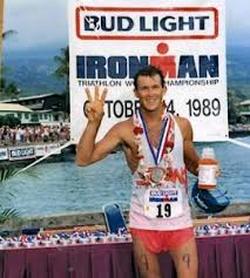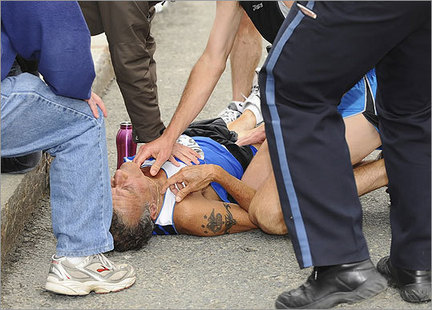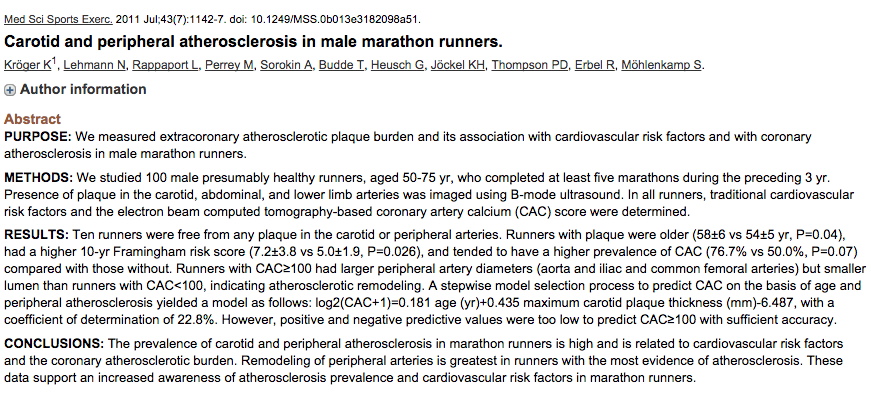In 1997 Greg Welch won the Laguna Phuket triathlon in a record time that still stands. I remember it well for a number of reasons. My employer IMG had created the event and I had contrived a cunning plan for me to travel from Singapore to make sure everything went according to plan. If that plan was pretty loose, my objective was very clear - I just wanted to hang out with some of my triathlon heroes!

If triathlon was not the sport it is now, perhaps the athletes today are not what they were back then either. Greg Welch was - and is - a legend. His story of abandoning beer and a BBQ in favor of bike clips and a speedo is tough not to love. As a keen recreational triathlete myself back then, I couldn’t wait to meet the guy.
Our first encounter was one I will never forget (but Welch will never remember!).
TWI - IMG’s televsion subsidiary - was broadcasting the event and my legs, if not my presence, were to be put to good use. IMG’s Thailand chief Colin Dunjohn ran the event (quite brilliantly) like an episode of the A Team. If you were given a task involving an elephant, a camera, or a thai green curry, you just got on with it. There was always a happy ending. This was Thailand remember.
As the race kicked off and Welch kicked on, Colin saved the world with paper clips and tasked me with something very simple.
“Donal. Grab a camera, pick up Welch and run after him for the final 2-300 meters. Let's see what we can get”
“I’m on it.”
Fortunately, my athletics days had taught me that top athletes move much faster, throw much further and jump much higher than you think they do when viewed from your favorite armchair.
I knew what to expect from Welch, if not the camera.
The world’s greatest triathlete came at me like a train!
I let him pass then took off after him, with the camera in my right hand at waist level. As I tried to work out what the hell I was filming in the viewfinder, I quickly realized Welch was at full tilt and this was not so easy after all.
This was a guy who was knocking out sub 30 minute 10 kms at the back end of triathlons for fun. While I could knock out a 1km repeat in under 3 minutes on the track, I now had a camera in my hand and one free arm.
Two thoughts crossed my mind in quick succession.
Sh*t! Faster!
Before I knew it, I was all over Welch and trying to check my stride to avoid a collision. This was not how I had imagined hanging out with Greg Welch for the first time.
Over a cool Singha beer, I had planned on asking him what his training program really looked like (not what you read in Swim, Bike, Run!) , how I could better my swim and did his legs feel like they were about to fall off when he started to run off the bike or was that just for amateurs like me?
Colin Dunjohn’s reaction on the line confirmed I had blown my first filming gig. Fortunately he’s a great bloke so we laughed at the fact that my appearance on TV was more athletically clothed streaker/stalker than agile, invisible cameraman. Sports production comedy at its finest? Definitely....and not something you would see today!
If that was all great craic, my conversation with Welch would probably be a lot more different today. The only winner of triathlon's grand-slam of world titles (Olympic, Long-Course and Ironman distances + Duathlon) quit 2 years after our near collision when his heart surged to 320 beats a minute during the 1999 Hawaii Ironman.
He has since had nine open-heart operations (yes, #9) and has a defibrillator pacemaker under his clavicle.
I was reminded of Welch yesterday when the news broke that the Irish Olympian cyclist Philip Cassidy was found to have 75% arterial blockage. That this was a headline grabber back home in Ireland is indicative of the misinformation we are being fed on a daily basis.
Aren’t these guys superhuman?
Yes. But perhaps supernovas might be a more accurate term.
You see, the elite endurance sports community is littered with athletes who have either retired from, or suffered serious cardiac health issues after retiring. Preventative Cardiologist Dr Philip Mills makes a very clear reference to this in Run on Fat.
It is a known thing.
Surprising as it may seem, we also know that long term endurance athletes can show a much higher incidence of furred arteries than their more sedentary peers.
The fact that this is all very counter intuitive only feeds headlines such as the Cassidy case. “53 year old Irish man suffers 75% blockage in arteries” would not be a headline at all. It would not even merit a comment. But the thought that men of vigour, vitality and exceptional physical prowess can be cut down by heart disease scares us. As it should. And that’s the real news here.
Did they train too hard, too fast, for too long is the question we automatically ask ourselves. It is relevant, but it is not the full story.
"Running too fast, too far and for too many years may speed one's progress towards the finish line of life"
Ref: British medical journal, Heart.
To us mere mortals, ill health amongst elite athletes can fuel an unhelpful perception that heart disease is all about fate.
“Sure look at what happened that top cyclist?” they will be saying in Ireland. “all that exercise didn't do him much good.”
Granted I do not know exactly what Philip Cassidy might have been eating to fuel his performances, but I do know that the recommendations of his era would have proposed a carb loading bonanza.
That my fat fueled friend Richard (whom i wrote about here recently) has arrived at the age of 53 (the same age as Cassidy, 2 years older than Welch) in a vastly superior state of cardiovascular health would have boggled my mind a few years back.
It all reads like an incredibly complex, wickedly contrived game of cardiovascular chance. But perhaps it’s actually much, much simpler than all that.
Jeff Volek’s work has clearly demonstrated that fat adaptation improves many vital health markers related to general and metabolic health.
Cardiologist Dr Aseem Malhotra, Prof Tim Noakes and Dr Steve Phinney's recently published paper explicitly states that you cannot outrun a bad diet.
Ironman champion Sami Inkinen shared the detrimental impact a low fat, carb loading diet had on his own metabolic health in Run on Fat, and similar “anecdotes” land in our inbox regularly.
All of which really makes me wonder.....
When it comes to cardiovascular health and endurance, maybe it’s all about the fuel - not the tank.



 RSS Feed
RSS Feed